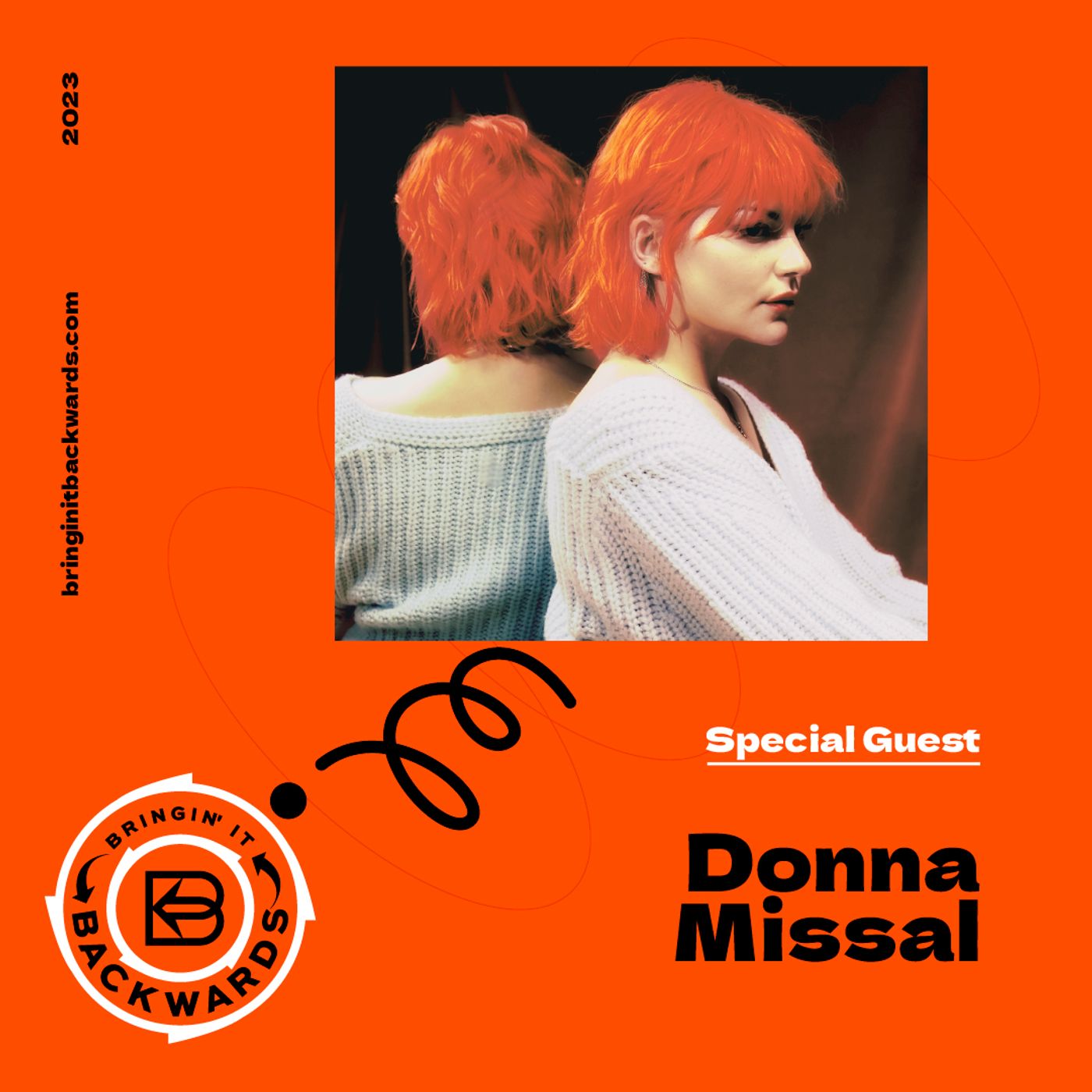Donna Missal

Artist
In the summer of 2022, Donna Missal was disoriented to find herself living out of her car and on friends’ couches in Los Angeles, questioning whether she could continue – financially and emotionally – to make music. In the past five years, she had collected tens of millions of streams across platforms, cultivated a passionate fan base for her heartfelt songwriting, played festivals from Bonnaroo to Bottle Rock, and toured with high-profile artists including Lewis Capaldi, CHVRCHES, and King Princess. Rolling Stone calls her music “stunning”, and Billboard has hailed her “drop kick of a vocal.” But still, Missal was struggling. Working through the pain, she found refuge in the creative process, digging deep into her beliefs about safety and satisfaction.
Last year, Missal shared on Twitter that she’d been let go at the end of her four-year recording contract. “It’s emotionally exhausting to posture like everything’s cool,” she wrote, of the “optics Olympics” that keep artists from sharing their challenges openly. Missal’s record deal had felt meaningful – it included resources, structure, and a set of people contractually obligated to believe in her. With this barometer of self-worth removed, she was unmoored and devastated. Fighting to take care of her basic needs while still working in the studio with other artists, Missal gained a new awareness of the tenuous nature of success in the music industry.
Missal had started out as a songwriter and backing artist, collaborating with artists like Tinashe, Sharon Van Etten, Macklemore, and Lee Fields, and landing a publishing contract in her early 20s. After what The Guardian called the “strident queer torch songs” of 2020s Lighter, Missal became a sought-out vocalist, tapped to contribute a cover of Cigarettes After Sex’s “Nothing's Gonna Hurt You Baby” for the Oscar-winning film Promising Young Woman. In the confines of the early pandemic, Missal dove into bedroom pop recordings, using her powerful voice in a quieter way to avoid disturbing her neighbors. She showcased this spare and sexy homespun electronica on 2022’s in the mirror, in the night EP, which was executive produced by Sega Bodega (FKA Twigs, Caroline Polachek).
To represent her journey through the last year for the nightclub anthem “Flicker”, she enlisted choreographer Sadie Wilking to work with her on a video centering Missal performing a combat dance sequence in a grimy warehouse. Missal didn’t want it to be sexy. She wanted it to look like she was fighting for her life, and she trained for months to manifest the sequence’s display of physical power. Sweaty and muscled, Missal’s visceral movements in “Flicker” contrast with the ethereal sounds of the song. It embodies and completes her transformation.
